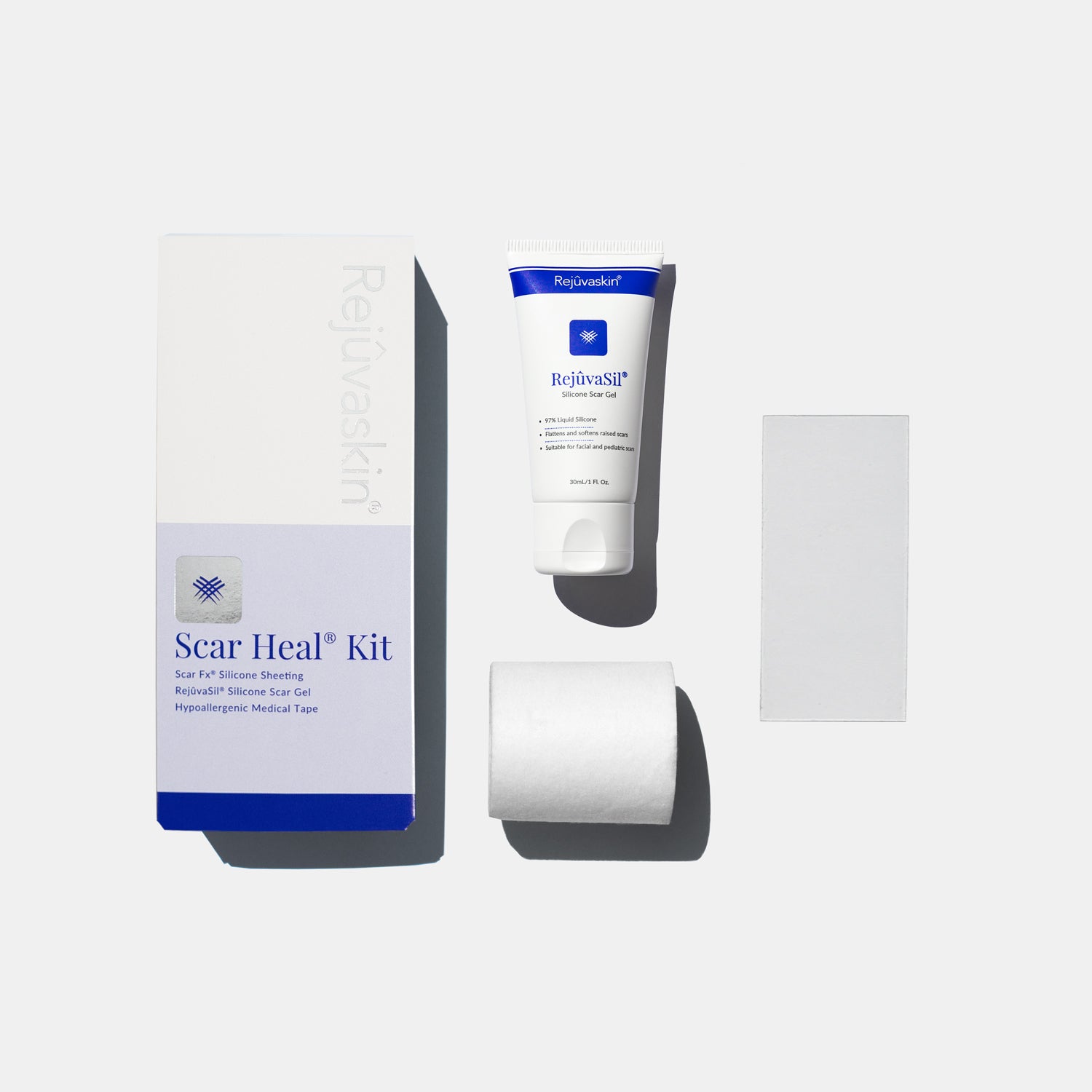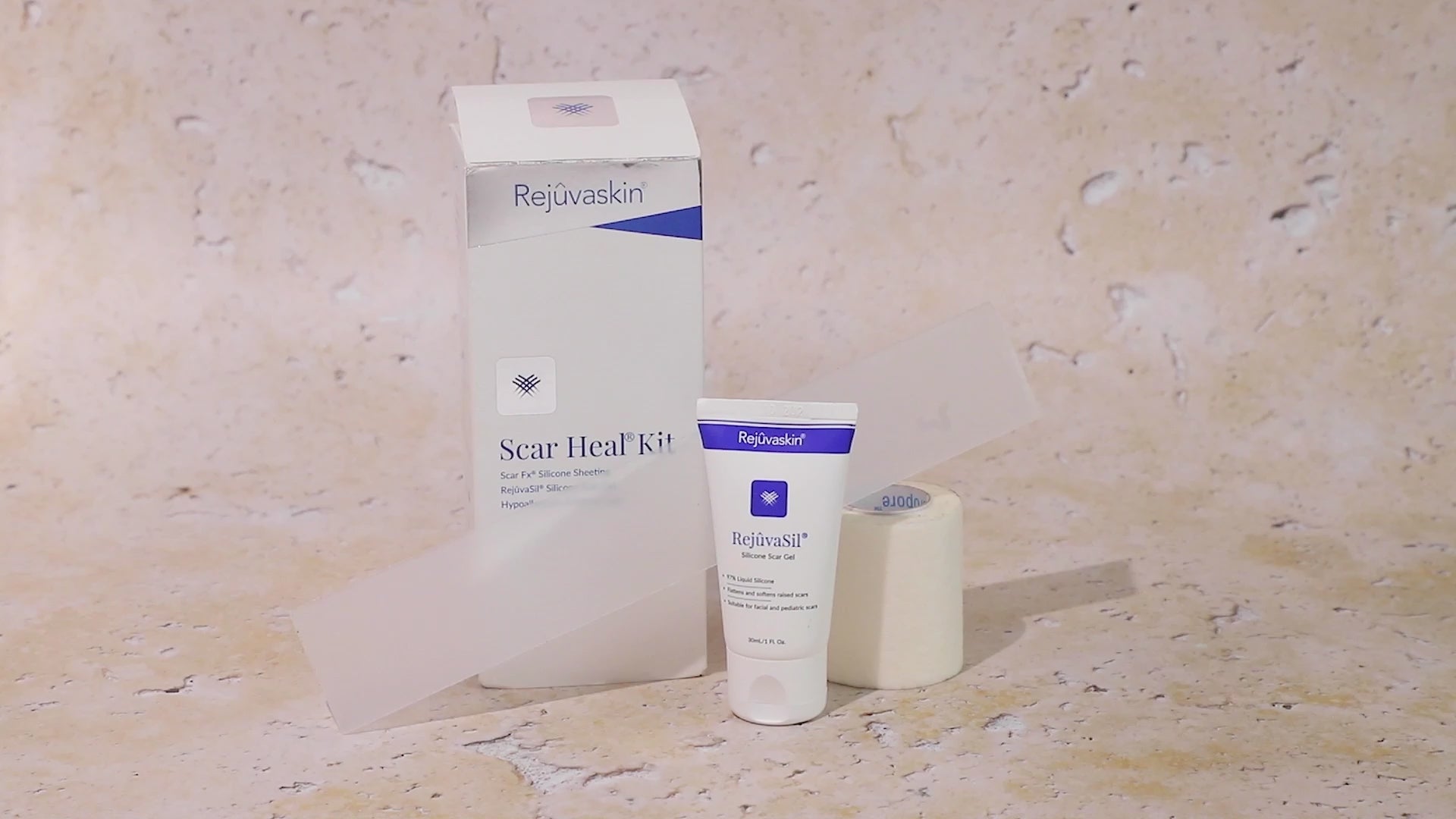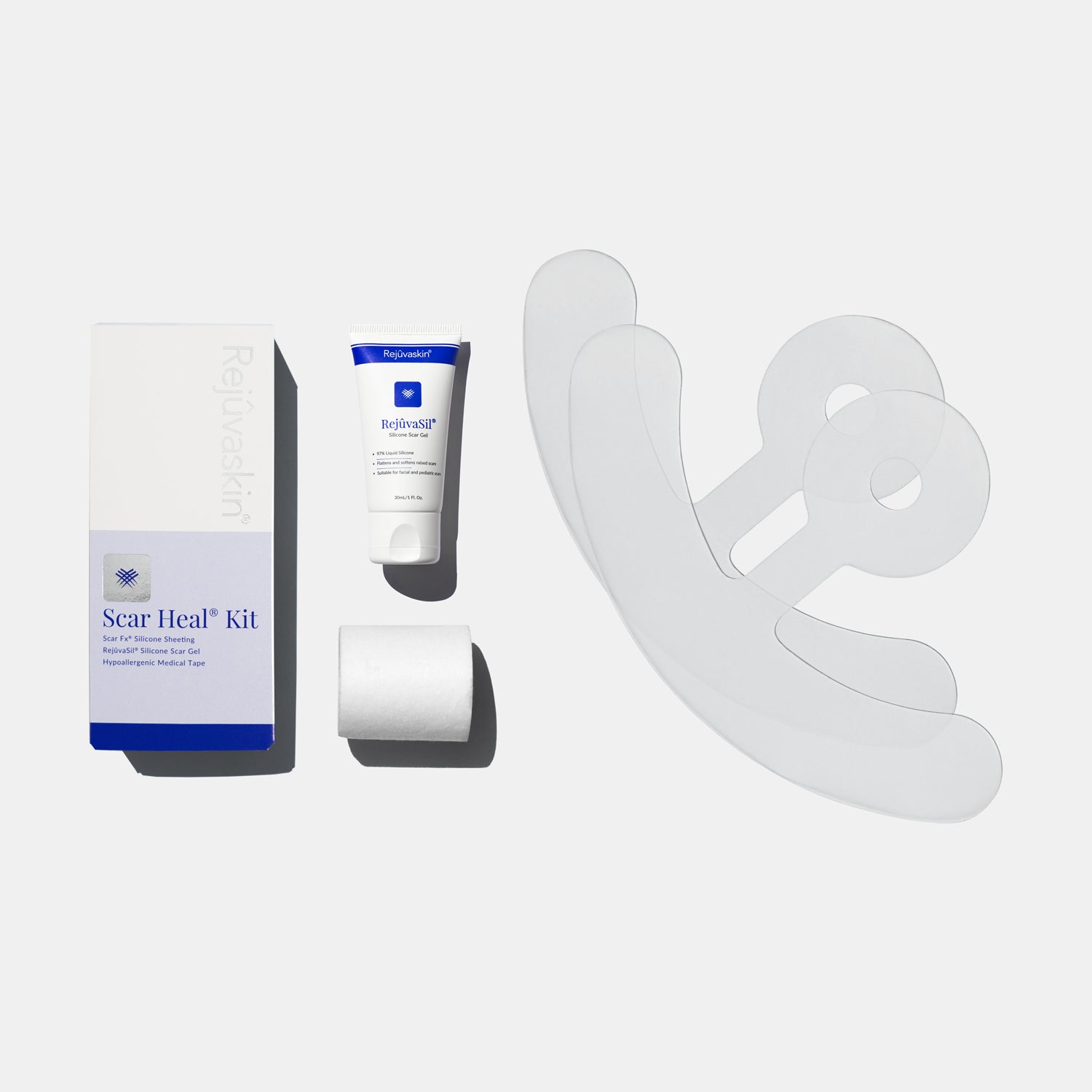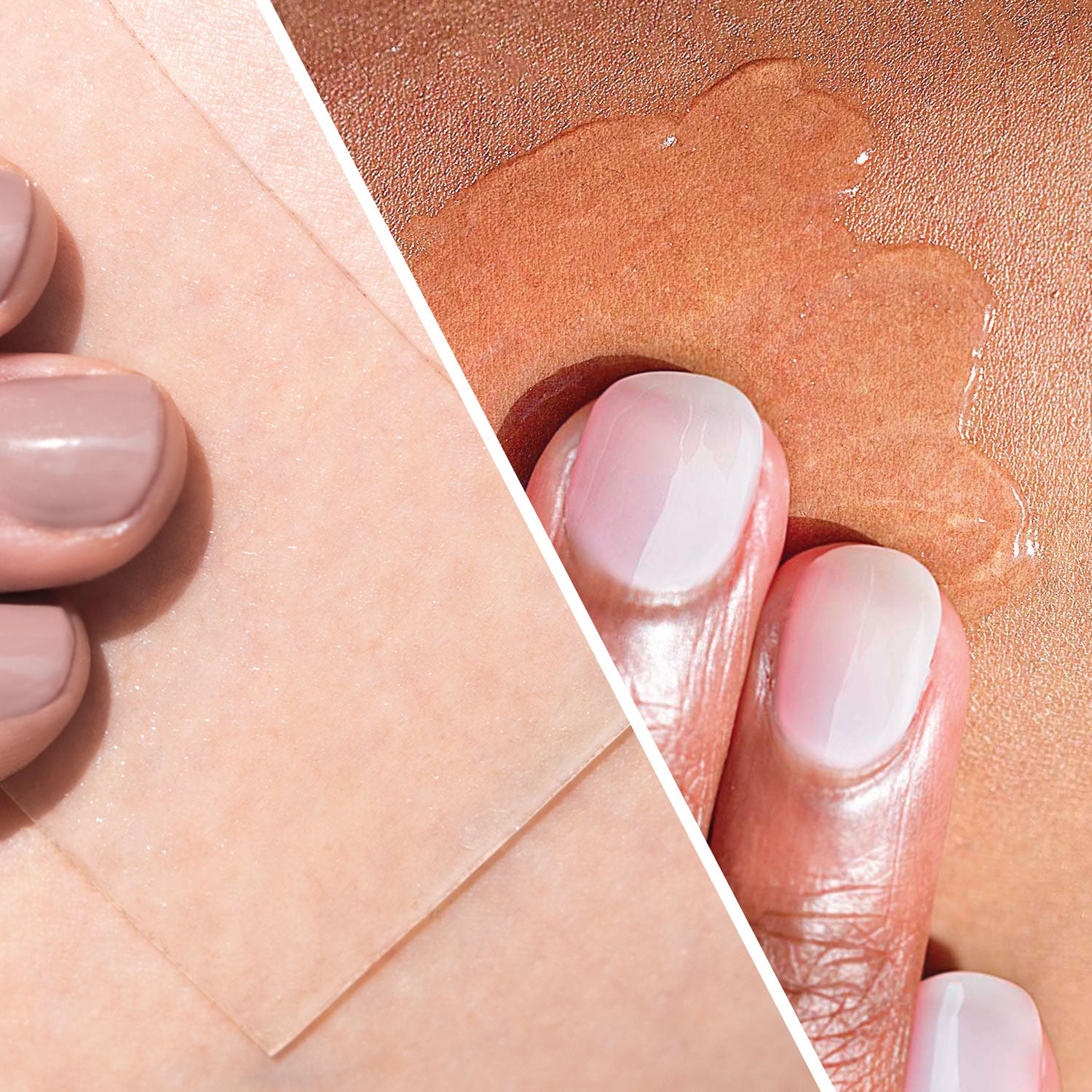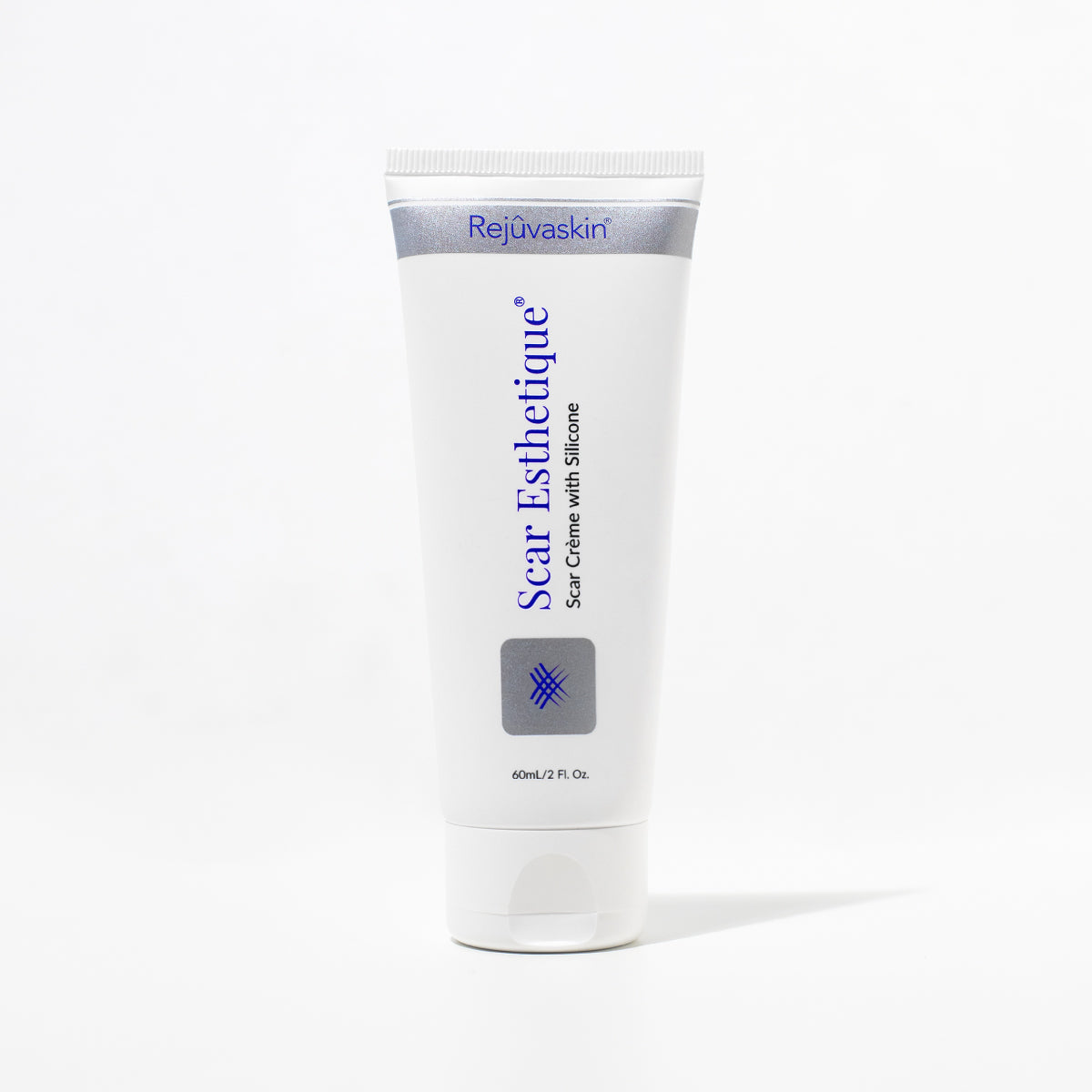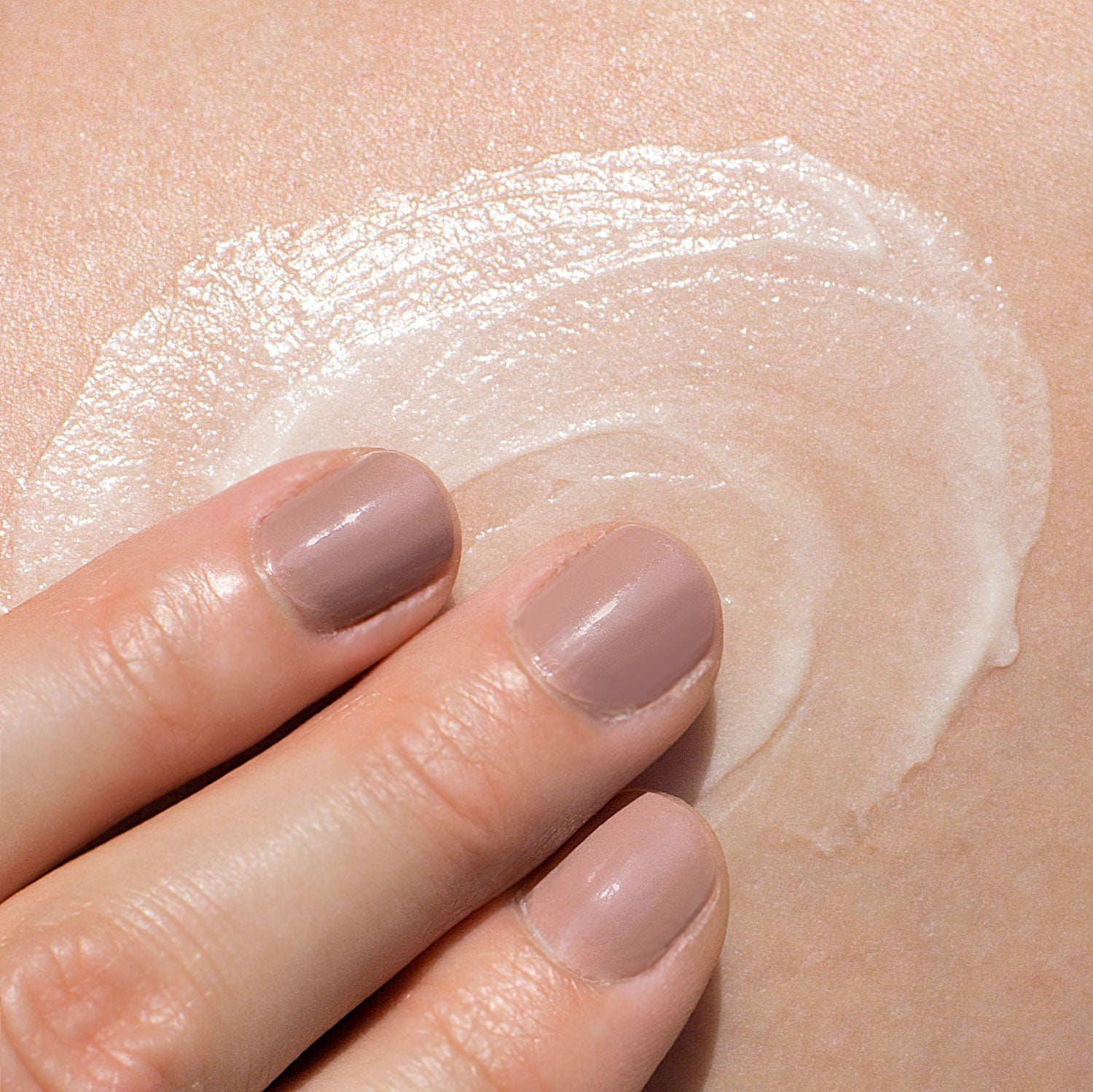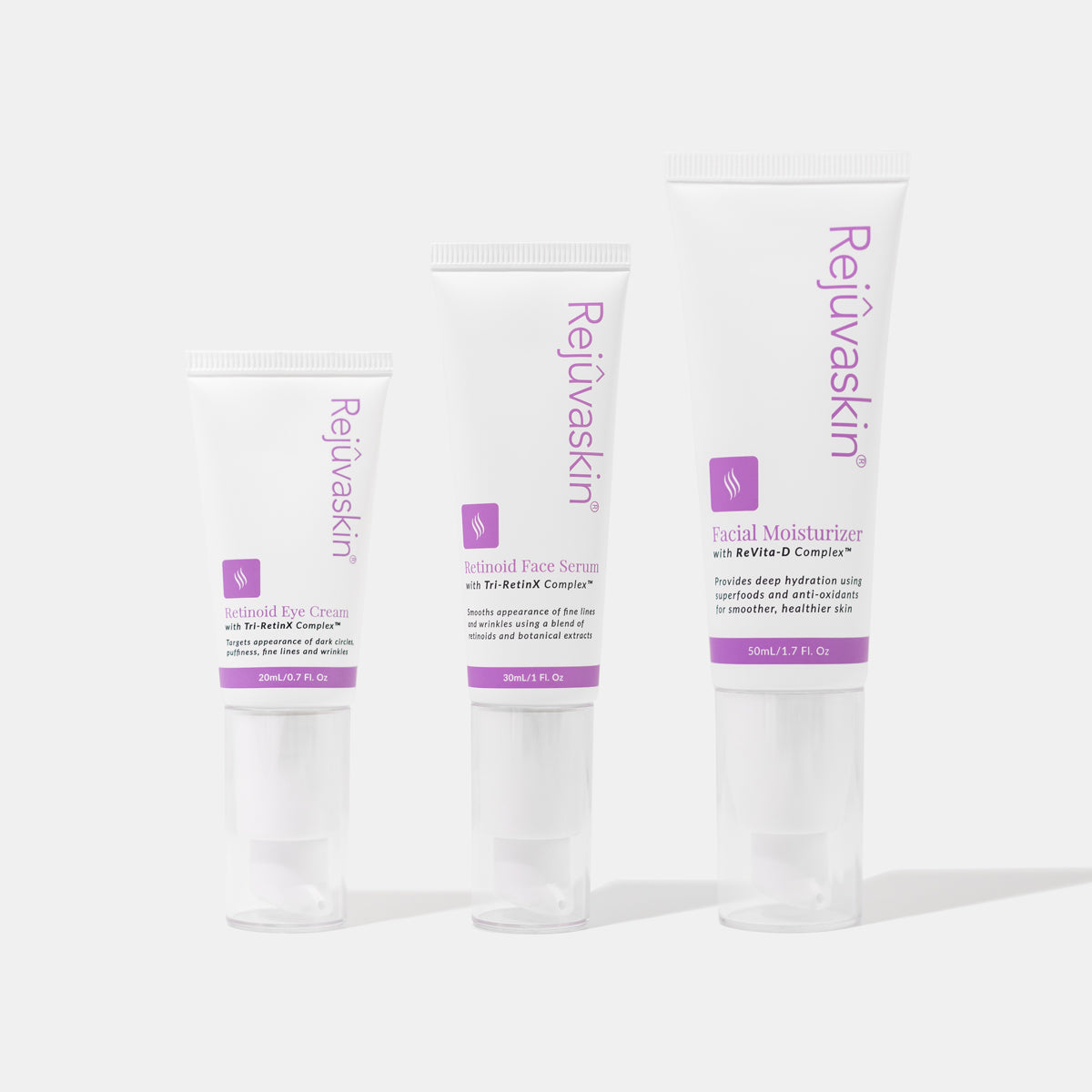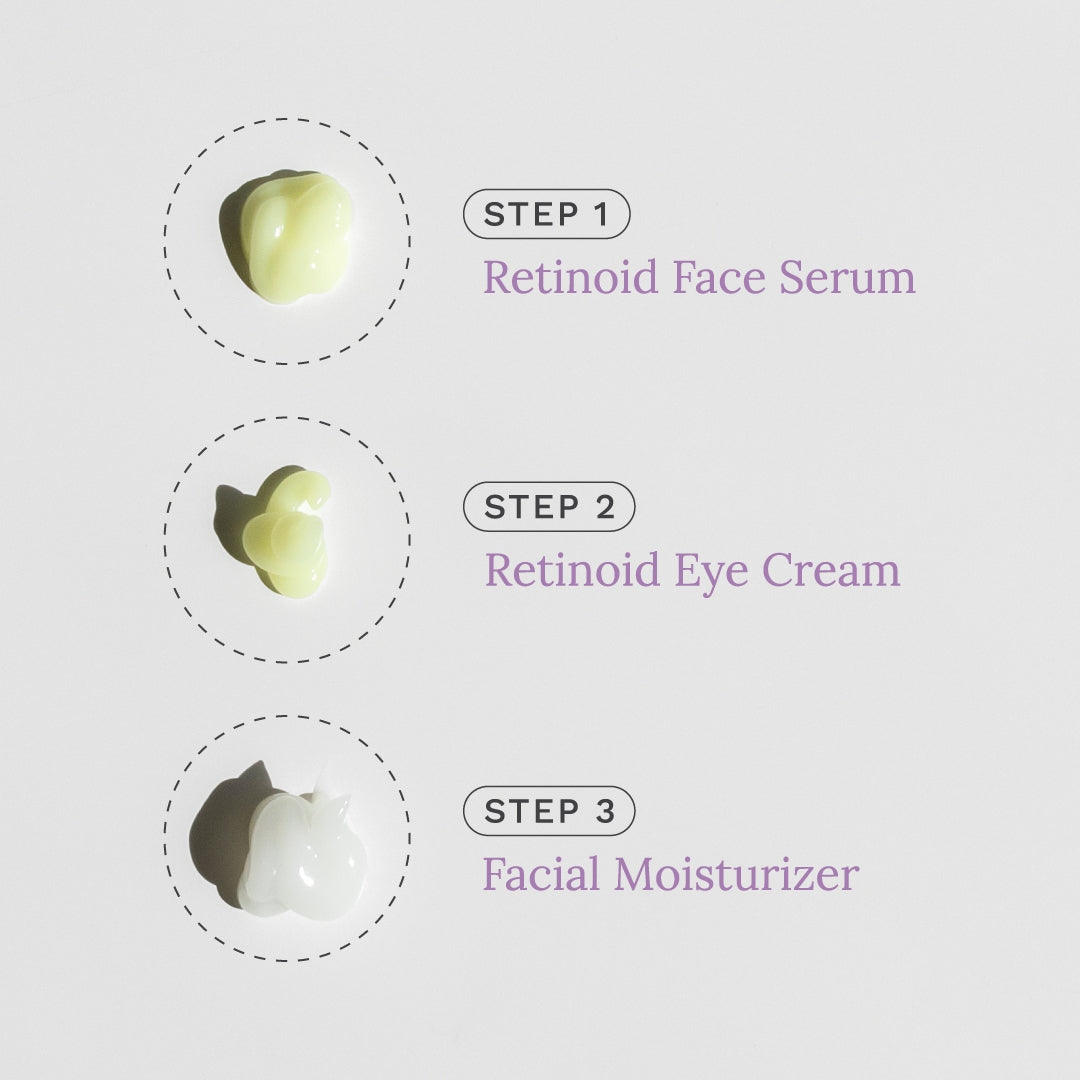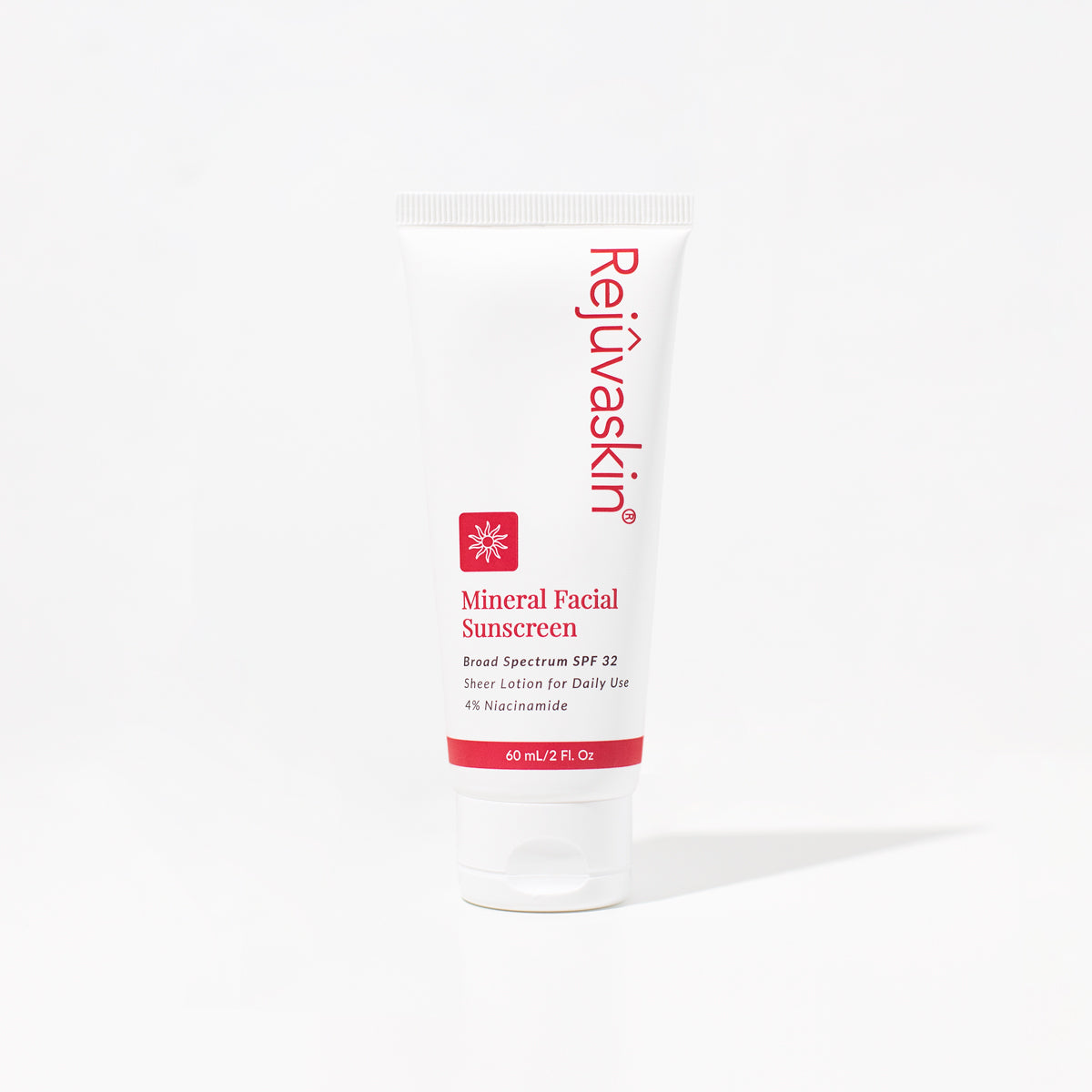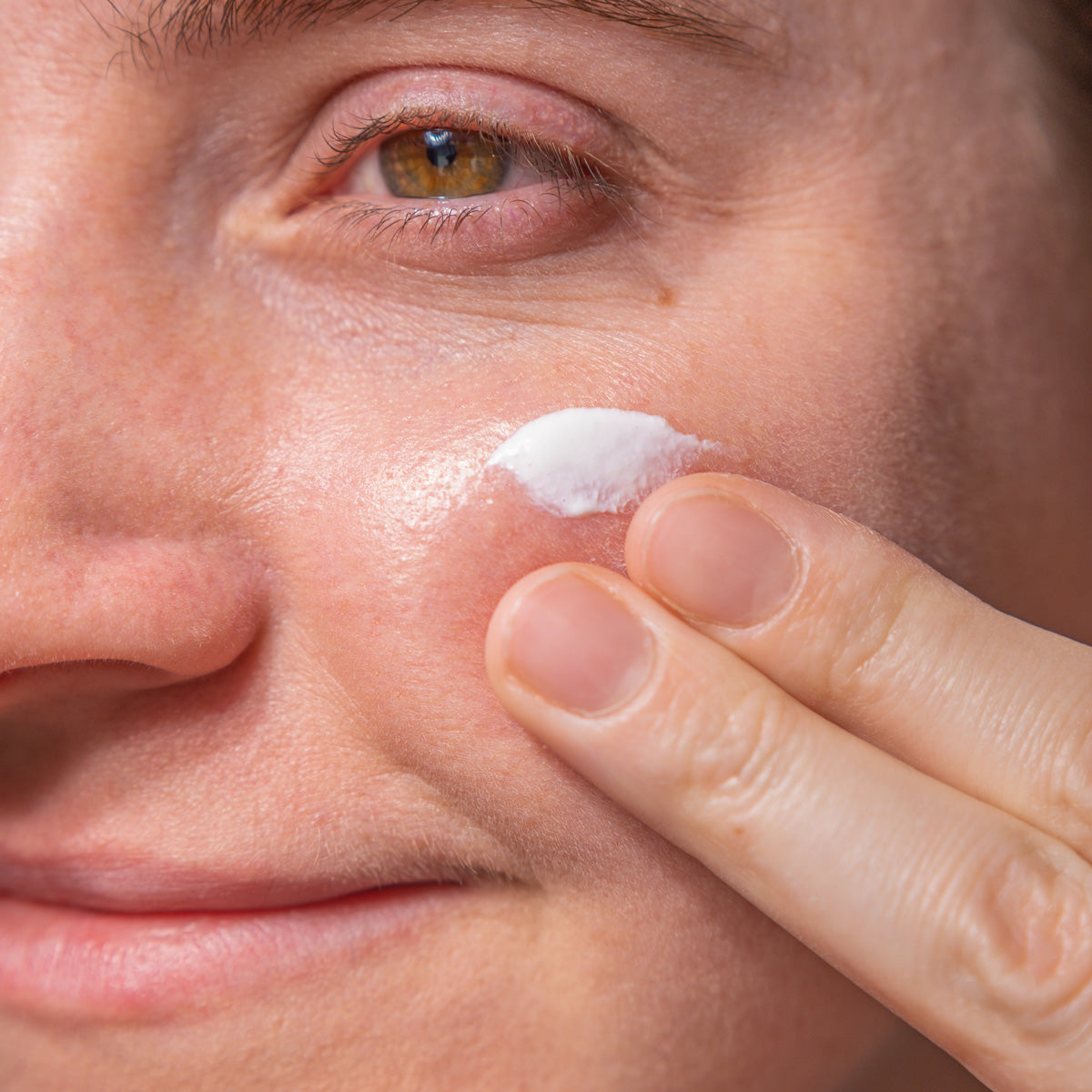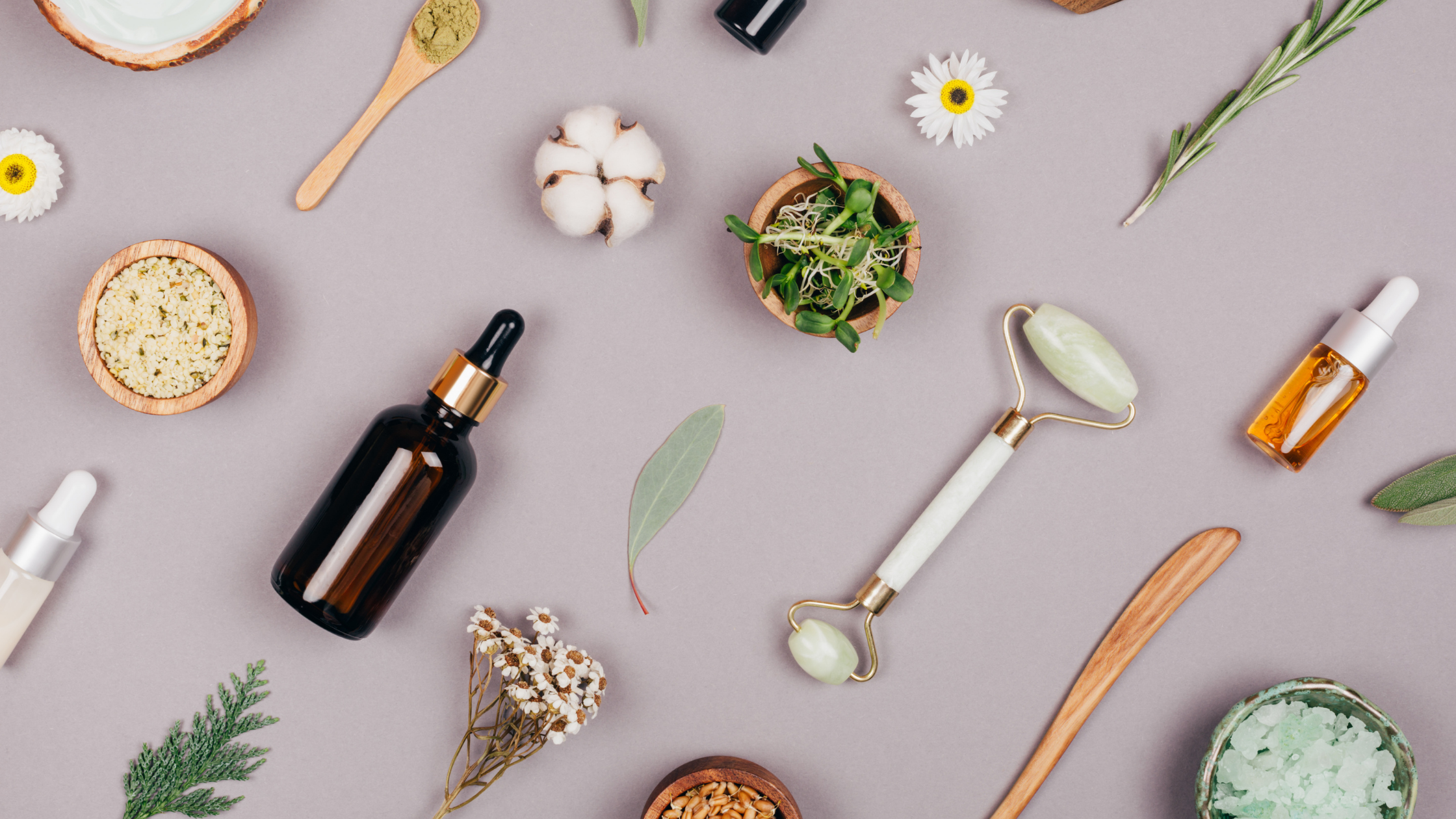When you have eczema, choosing new skincare products can be tough. Even when something looks like it might be made for people with eczema, there can often be ingredients hidden that can be harmful to your skin. It’s important to talk to your doctor about what types of ingredients to avoid. However, not all skin reacts the same, so it may take some experimentation. Don’t get discouraged by the prospect of putting in a little extra work to figure out how to make your condition more bearable.
In the meantime, we’ve put together a short list of ingredients to avoid if you have eczema to help you get started.
Propylene Glycol
Oftentimes, propylene glycol is used in many moisturizers and creams. Used for its moisturizing and emulsifying properties, it is often put in topical eczema treatments, despite its tendency to irritate the skin— even if you’re not allergic to it. So even if you use something that is specifically made for eczema patients, you need to check the ingredients for this component to make sure you do not accidentally cause a flare up.
Fragrances
You should stay away from fragranced products when you have eczema. Fragrances have a greater tendency to irritate the skin. According to the National Eczema Association, 8-15% of people with contact dermatitis have a sensitivity to fragrance. In addition, fragrance constitutes about 40% of the reactions caused by cosmetic products, so it is best if you look for products specifically marked as “fragrance free” or “safe for sensitive skin”.
Essential Oils
People commonly believe that essential oils are less harmful than normal fragrance oil, but that is not always the case. While common essential oils might work great for people with conditions like heavy acne, some may actually cause increased irritation in patients with atopic dermatitis. Even some natural ingredients like vanilla, rose oil, and sweet almond oil can cause increased skin sensitivity.
Urea
Urea is an ingredient commonly used in products meant to treat people with various skin conditions. It aids in the removal of scales from people with psoriasis or conditions similar, but it may be an irritant to people with atopic dermatitis. For this one, you may want to consult with your dermatologist to make sure it is approved for your skin.
Lanolin
Lanolin is a wax-like substance that comes from the sebaceous glands of a sheep that provides moisturizing properties. The moisturizing properties causes lanolin to be a common ingredient in lip balms, creams, ointments, and more. However, lanolin can is an allergen for many, so you may want to avoid it altogether.
Retinoids
Retinoids are types of chemical compounds that are related to Vitamin A, which is responsible for regulating many of your bodily functions. They also help with acne problems and have anti-aging properties. While those are a lot of benefits, retinoids may cause eczema flare ups. You do not have to avoid the ingredient altogether, but if you do decide to use it, use caution.
All of this being said, there are many harmful ingredients and chemicals in many products that are circulating around the market. The thing that you want to continuously do is to be diligent in checking ingredient labels to ensure you are buying the safest products for your skin. Organizations like the National Eczema Association, can help identify products safe to use if you have eczema. Look for the NEA Seal of Acceptance to know that your product is free of harmful ingredients. As always, it’s best to consult with your dermatologist before choosing new products if you have concerns.
You can also always count on Rejuvaskin to tell you exactly what’s in your skin products! On each of our product pages we proudly list out our ingredients and why they’re great for your skin!
